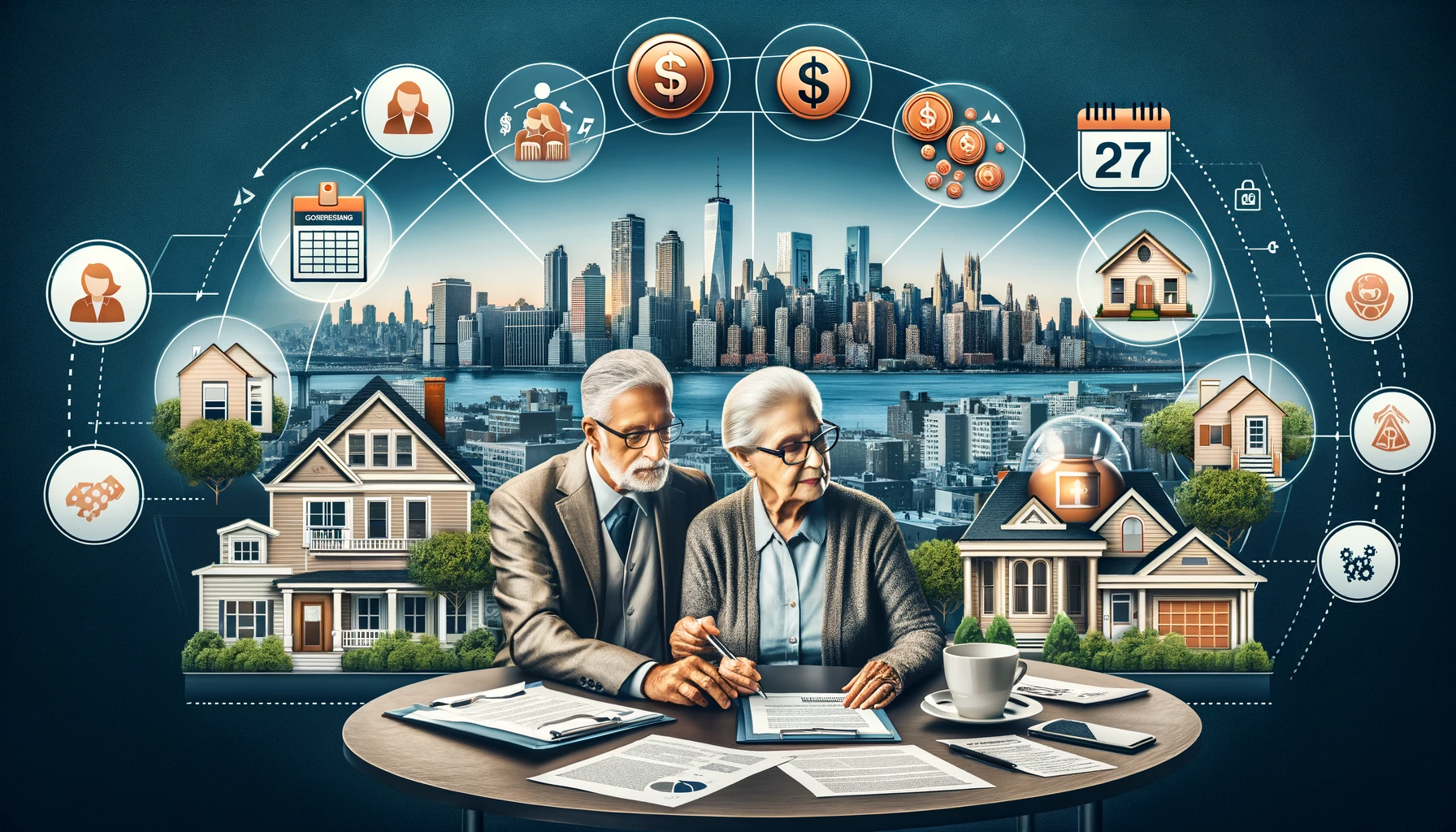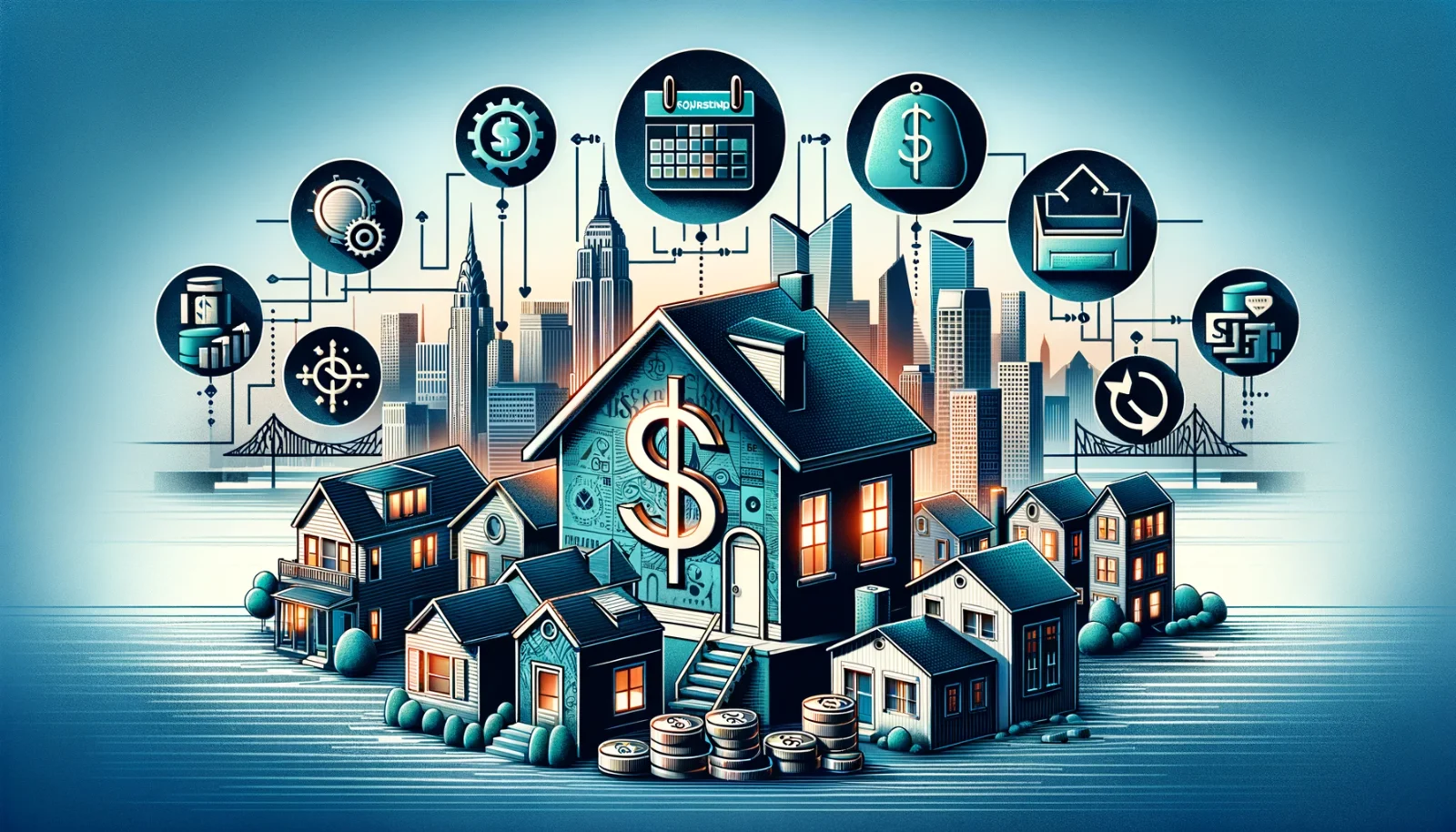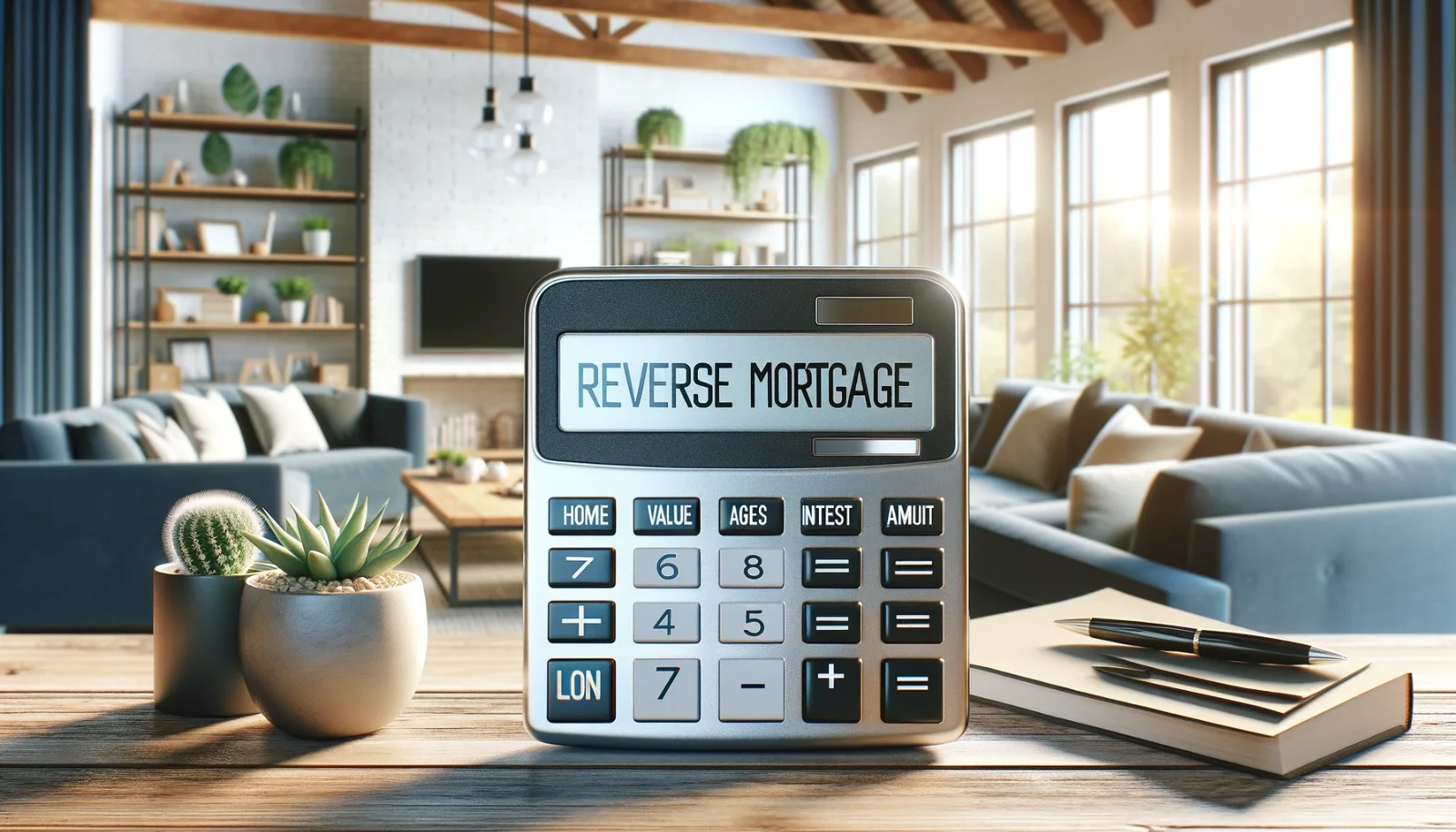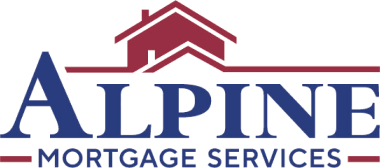Reverse Mortgage New York
Reverse mortgages are financial tools that allow homeowners, typically aged 62 and older, to convert part of the equity in their homes into cash. Unlike traditional mortgages, reverse mortgage loans do not require monthly payments. Instead, the loan is repaid when the homeowner sells the house, moves out permanently, or passes away. In New York, as in many other states, reverse mortgages can provide a vital financial lifeline for seniors looking to bolster their retirement funds.

What is a Reverse Mortgage?
A reverse mortgage is a loan available to homeowners who are 62 years of age or older. The most common type of reverse mortgage is the Home Equity Conversion Mortgage (HECM), which is insured by the Federal Housing Administration (FHA). Unlike a traditional mortgage where the homeowner makes monthly payments to the lender, with a reverse mortgage, the lender makes payments to the homeowner. The homeowner is not required to pay back the loan until the home is sold, the homeowner moves out permanently, or the homeowner dies.
How Does a Reverse Mortgage Work?
A reverse mortgage allows homeowners to borrow against the equity in their home. Equity is the difference between the current market value of the home and the amount the homeowner owes on any existing mortgages. Homeowners can receive the loan proceeds in several ways:
- Lump Sum: A single large payment.
- Monthly Payments: Regular monthly payments as long as the homeowner lives in the home.
- Line of Credit: Access to funds as needed, up to a certain limit.
- Combination: A mix of the above options.
New York Reverse Mortgage Eligibility Requirements
To qualify for a reverse mortgage in NY state, homeowners must meet the following criteria:
- Age: The borrower (or at least one borrower in the case of a married couple) must be at least 62 years old.
- Primary Residence: The home must be the borrower’s primary residence.
- Home Type: Eligible property types include single-family homes, multi-family homes (up to four units, with one unit occupied by the borrower), townhouses, approved condominiums, cooperatives (coop units) and some manufactured homes.
- Financial Assessment: Borrowers must undergo a financial assessment to ensure they can meet the obligations of the loan, such as property taxes, homeowner's insurance, and maintenance.
Types of Reverse Mortgages
There are two primary types of reverse mortgages available in New York:
- Home Equity Conversion Mortgage (HECM): This is the most common type of reverse mortgage and is insured by the Federal Housing Administration (FHA). HECMs have specific eligibility requirements and are subject to federal regulations. HECMs can be obtained by any homeowner over the age of 62 and do not have income limitations. In 2024, the lending limit for HECMs in New York is set at $1,149,825. Borrowers are required to undergo counseling before obtaining a HECM to ensure they understand the costs, payment options, and responsibilities involved.
- Proprietary Reverse Mortgage: Also known as a jumbo reverse mortgage, a proprietary reverse mortgage is a private loan that is not insured by the FHA. They are often used for higher-value homes and may offer larger loan amounts than HECMs.
Reverse Mortgage Counseling
In New York, prospective reverse mortgage borrowers must participate in a counseling session with a HUD-approved counselor. This session is designed to help borrowers understand the financial implications of a reverse mortgage and explore other options that might be available to them. Specific objectives of this mandatory counseling include educating clients about reverse mortgages, their implications, and determining if they are fitting for their financial situations.
Reverse Mortgage Costs and Fees in New York
Reverse mortgages come with several upfront and ongoing costs that you need to be aware of:
- Mortgage Insurance Premiums (MIP): You'll pay an initial MIP of 2% of the loan amount, plus an annual MIP of 0.5%
- Origination fee: Lenders can charge up to $6,000 depending on your home's value
- Closing costs: Typical expenses like appraisals, title insurance, inspections, etc. These can be rolled into the loan.
- Servicing fees: Lenders can charge a monthly fee to administer the loan, usually around $30-35.
- Interest: As with any loan, you'll accrue interest on the borrowed amount. Reverse mortgage rates are either fixed or variable and tend to be higher than traditional mortgage rates.
It's important to understand that these costs will accrue over time and eat into your remaining equity. That said, the HECM program has several borrower protections in place:
- Non-Recourse: You (or your heirs) will never owe more than the home is worth when the loan becomes due. The FHA insurance covers any shortfall.
- Mandatory Counseling: Meeting with a HUD-approved counselor ensures you understand the risks and obligations.
- Right of Rescission: After closing, you have 3 days to cancel the loan with no penalty if you change your mind.
Property Taxes and Insurance
With a reverse mortgage, you remain responsible for property taxes, homeowners insurance, homeowners association (HOA) fees, and home maintenance. Failure to keep up with these obligations can trigger a loan default. In New York, the average annual property tax paid by homeowners is $8,081, which is nearly double the national average of $4,492.
To protect borrowers, the HECM program requires a financial assessment to ensure you can afford these ongoing expenses. If there are concerns, the lender may set aside a portion of the loan proceeds to pay these obligations for the life of the loan.
Impact on Public Benefits
Having a reverse mortgage does not automatically disqualify you from public benefits like Social Security or Medicare. However, if you receive needs-based benefits like Supplemental Security Income (SSI) or Medicaid, receiving reverse mortgage proceeds as a lump sum or letting them accumulate in your bank account may put you over the resource limits and jeopardize your eligibility.
In New York, you can have up to $15,750 in countable resources as an individual or $23,100 as a couple and still qualify for Medicaid. By contrast, for SSI, the 2023 limits are $2,000 for individuals and $3,000 for couples. Consult with a benefits specialist to understand the implications in your specific situation.
How a Reverse Mortgage Ends in New York
A reverse mortgage NY becomes due and must be repaid when one of the following occurs:
- The last surviving borrower dies
- All borrowers move out permanently or fail to use the home as a primary residence for over 12 months
- The home is sold or title is transferred
- The borrower fails to meet loan obligations like paying property taxes and insurance
Note that moving into a nursing home or assisted living facility for over 12 months counts as a permanent move under HECM rules. This is a key consideration given that 70% of people 65+ will need long-term care at some point, according to the U.S. Department of Health and Human Services.
Your heirs have several options for settling up the loan balance:
- Sell the home and use the proceeds to repay the loan, keeping any remaining equity
- Payoff the balance to keep the home
- Deed the home to the lender as full satisfaction of the debt (useful if the home is worth less than the loan balance)
- Do nothing, in which case the lender will foreclose on the home
New York has special laws around reverse mortgage foreclosures that limit lenders' remedies to just the mortgaged property (i.e., no deficiency judgments). Heirs also have rights during the settlement process, including the ability to purchase the home for 95% of appraised value.

Benefits of a New York Reverse Mortgage
Reverse mortgages can provide several benefits for New York homeowners:
- Supplemental Income: Reverse mortgages can provide a steady stream of income for retirees who may have insufficient savings or pensions.
- No Monthly Payments: Borrowers do not have to make monthly payments, which can ease financial burdens.
- Flexible Disbursement Options: Borrowers can choose how to receive their funds, whether as a lump sum, monthly payments, a line of credit, or a combination.
- Stay in Your Home: Borrowers can continue to live in their home while accessing its equity.
- Non-Recourse Loan: Reverse mortgages are non-recourse loans, meaning the borrower will never owe more than the value of the home at the time of sale, even if the loan balance exceeds the home's value.
Drawbacks of a New York Reverse Mortgage
While reverse mortgages offer several benefits, they also have potential drawbacks:
- Costs and Fees: Reverse mortgages come with several fees, including origination fees, mortgage insurance premiums, and closing costs. These can be substantial and should be carefully considered.
- Interest Accumulation: Interest on the loan accrues over time, increasing the overall debt.
- Impact on Inheritance: A reverse mortgage can reduce the amount of inheritance left to heirs, as the loan must be repaid when the home is sold or the borrower passes away.
- Ongoing Obligations: Borrowers are responsible for property taxes, homeowner's insurance, and maintenance. Failure to meet these obligations can lead to foreclosure.
- Potential Impact on Benefits: While reverse mortgage loan proceeds do not affect Social Security or Medicare benefits, they may impact needs-based benefits such as Medicaid.
Reverse Mortgage New York Statistics
In New York, the most common type of reverse mortgage loan is the Home Equity Conversion Mortgage (HECM), which is insured by the Federal Housing Administration (FHA). As of 2021, there were over 33,000 HECM loans outstanding in New York, with an average maximum claim amount of $726,525.
How to Apply for a Reverse Mortgage in New York
The process of applying for a reverse mortgage in New York involves several steps:
- Consultation: Speak with a reverse mortgage specialist to understand the options available and determine if a reverse mortgage is suitable for your financial situation.
- Counseling: Participate in a mandatory counseling session with a HUD-approved counselor.
- Application: Complete the reverse mortgage application with the help of your lender.
- Financial Assessment: Undergo a financial assessment to determine your ability to meet ongoing obligations.
- Appraisal: An independent appraisal of your home will be conducted to determine its current market value.
- Underwriting: The lender will review all information and decide whether to approve the loan.
- Closing: If approved, the final loan documents will be signed, and you will receive your funds based on the disbursement option you chose.
Finding the Best Reverse Mortgage Lenders in New York
Finding a reputable reverse mortgage lender is crucial. Here are some tips to help you choose the best lender:
- Research: Look for New York reverse mortgage lenders with good reputations and strong customer reviews. The Better Business Bureau (BBB) and the National Reverse Mortgage Lenders Association (NRMLA) are good resources.
- Compare Offers: Obtain quotes from multiple lenders and compare terms, fees, and interest rates.
- Ask Questions: Ensure you fully understand the terms of the loan and the responsibilities it entails. Don't hesitate to ask your lender detailed questions.
- Check Credentials: Ensure the lender is FHA-approved and has experience with reverse mortgages.

New York Reverse Mortgage Calculator
With our NY Reverse Mortgage Calculator, borrowers can estimate the potential lump sum proceeds they can receive from a reverse mortgage loan based on various factors such as home value, age, and current interest rates.
This calculator helps New Yorkers understand how much of their equity can be accessed and supports better financial planning. It provides a clearer picture of the potential loan structure before entering the application process. Using this comprehensive tool not only provides an accurate reverse mortgage amount calculation but also assists in making informed decisions tailored to one's financial needs and goals.
Reverse Mortgage Alternatives
Before committing to a reverse mortgage loan, consider alternative options:
- Home Equity Loan or Line of Credit: These options allow you to borrow against your home’s equity but require monthly payments.
- Downsizing: Selling your current home and moving to a smaller, less expensive property can free up cash and reduce ongoing expenses.
- Refinancing: Refinancing your existing mortgage might lower your monthly payments or provide a cash-out option.
- State and Local Programs: New York offers various assistance programs for seniors that might provide the financial help you need without taking out a loan.
Conclusion
Reverse mortgages can be a valuable financial tool for seniors in New York, providing them with additional income and financial security during retirement. However, it is essential to understand the costs, benefits, and potential drawbacks before proceeding. By thoroughly researching your options, consulting with a HUD-approved counselor, and comparing offers from multiple lenders, you can make an informed decision that best meets your needs. To learn more or to see how much you can qualify for, please contact a reverse mortgage advisor today. Our advisors are available 7 days a week to assist you. This material is not from HUD or FHA and has not been approved by HUD or a government agency.
You can also click here to have one of our reverse mortgage advisors contact you. If you are interested in applying for a reverse mortgage, you can apply online now.
Reverse Mortgage Resources
Get a Reverse Quote
"*" indicates required fields
